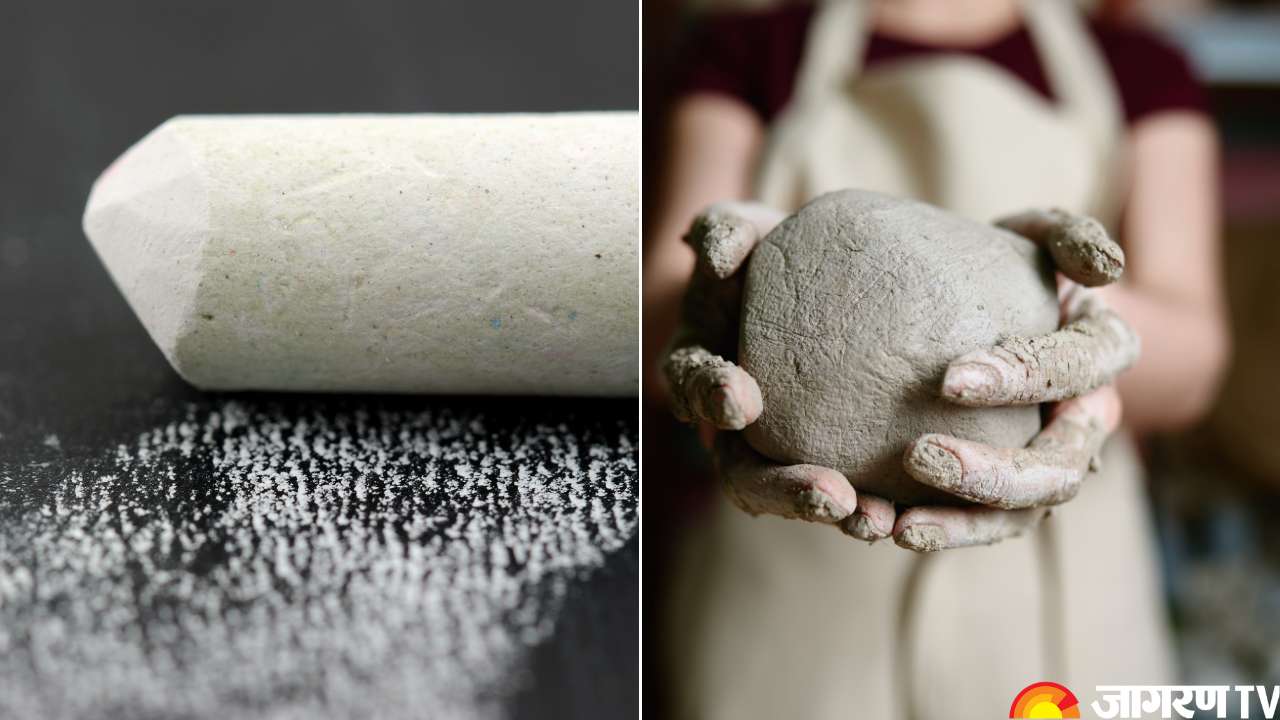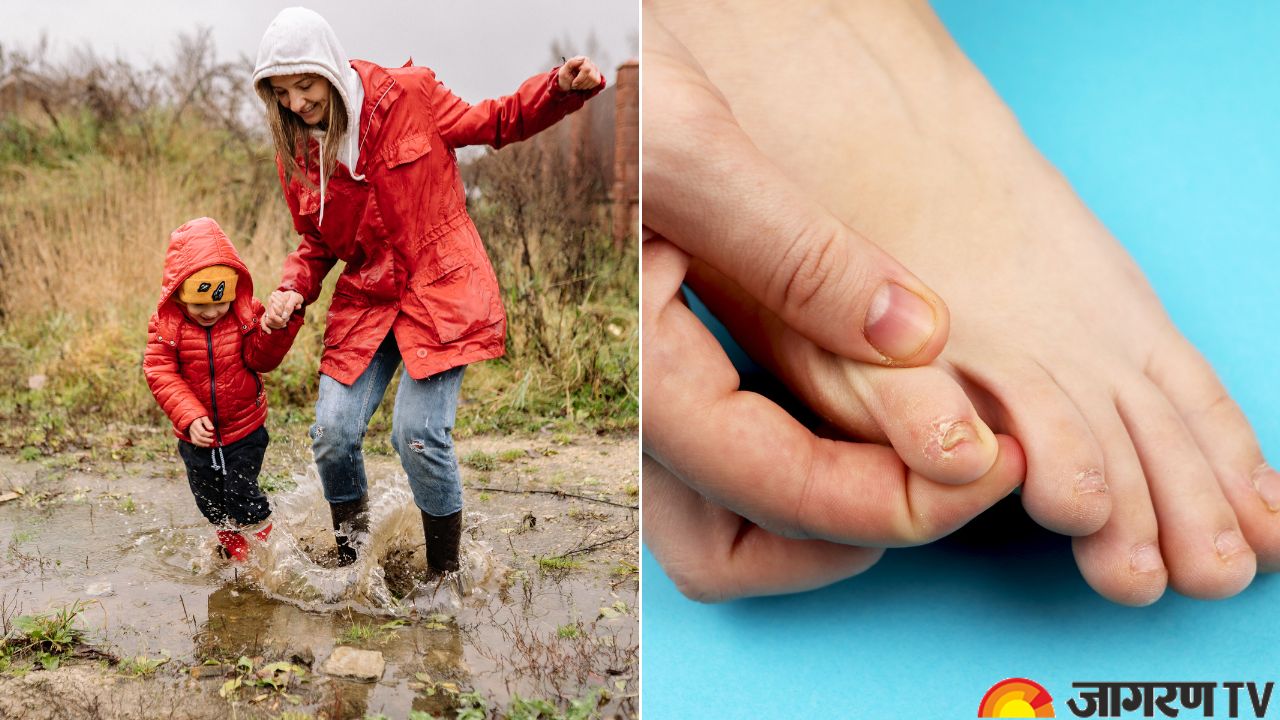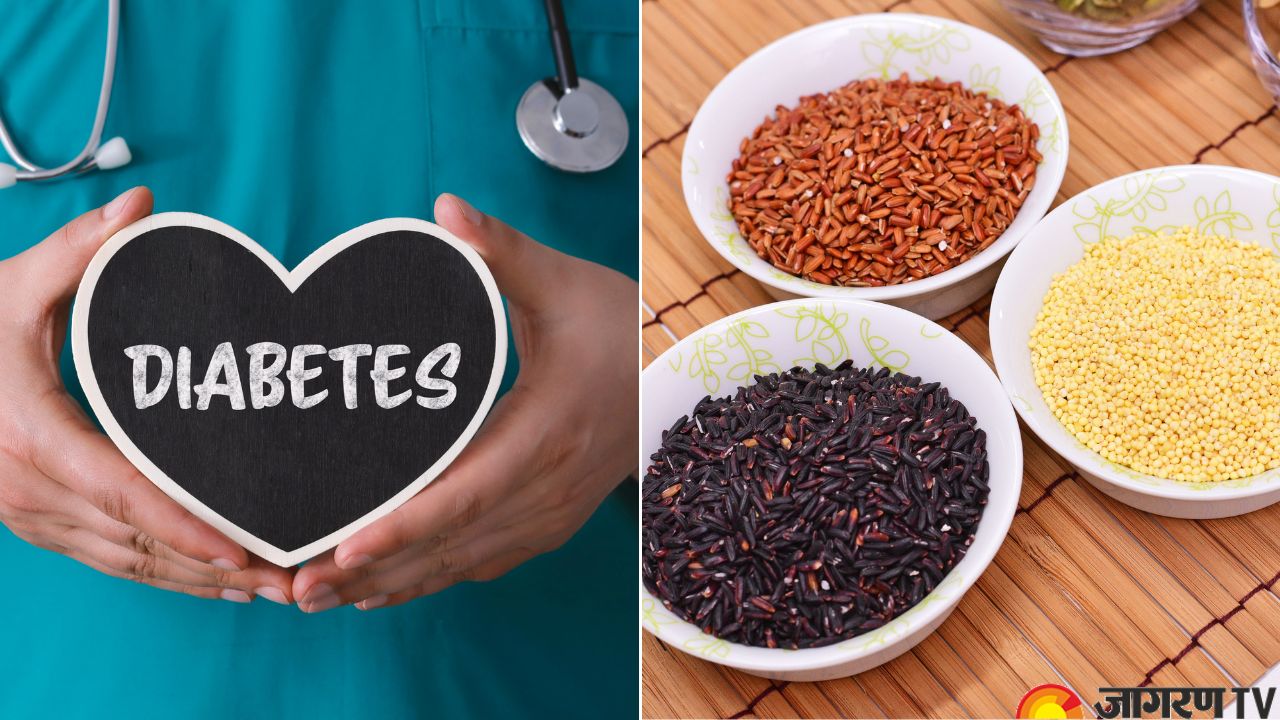Unusual Foods: Do You Sometimes Crave Chalk? Here’s What Could it Mean, Deficiency, Causes, Symptoms, and More

Children have always been curious to try strange things, from exploring unknown places to eating unusual things like chalk, mud, paper, etc., even though they spent a lot of their childhood playing outside. These peculiarities and unusual chewing are thought to be connected to pica. Pica is a disorder that can be linked to different nutrient deficiencies and is defined by the continuous consumption of non-food, non-nutritive substances for at least one month. Pica deficiency is one name for one of these deficiencies.
Eating Unusual Food Items
People who are pica deficient frequently show a predilection for eating things that aren’t typically thought of as food. Clay, paper, cloth, talcum powder, pebbles, charcoal, ice, chalk, mud, and even wall cement may be examples of materials like this. These non-food items are consumed out of an insatiable compulsion rather than because they are culturally or socially acceptable. While it can affect people of any age or background, the condition is commonly diagnosed in children, pregnant women, and people with developmental disabilities.
Pica Symptoms
Pica symptoms can take many different forms, including behavioral and physical ones. Physically, symptoms include digestive problems, malnutrition, tooth decay, and problems from consuming toxic substances. In terms of behavior, pica can take the form of obsessive fixation with particular objects, attempts to hide evidence or secretive eating.
Pica Causes
Iron and zinc deficiency in particular can cause people to search for non-food items to meet their body’s requirements. Pica can have a variety of causes, including mental health issues like obsessive-compulsive disorder (OCD) or autism spectrum disorder, nutritional deficiencies, and developmental disorders. Hormonal fluctuations and nutritional requirements during pregnancy can also cause cravings for pica. When pica coexists with other mental health disorders, the disorder might be an indication of more serious mental health issues.
Pica Treatment
The detrimental behaviors linked to pica can be recognized and changed with the help of cognitive-behavioral therapy (CBT). While behavioral therapy is essential, particularly in the context of developmental disorders or psychiatric conditions, nutritional supplements can assist in addressing deficiencies.
Medical Assessment
Identifying and treating any underlying medical conditions that may be contributing to the deficiency requires a comprehensive medical examination. A targeted treatment plan can be aided by the specific nutrient levels that can be found through blood tests.
Psychological Intervention
Pica is frequently linked to psychological issues, so therapy—such as cognitive-behavioral therapy, or CBT—may be helpful. This can assist people in comprehending and controlling the obsessive behaviors linked to pica.
Nutritional Counseling
To address nutrient deficiencies, a trained nutritionist can design a customized diet plan. It may be advised to take supplements to address imbalances, particularly in cases where regular dietary intake of some nutrients is insufficient to fully absorb them.
Environment Change
Preventing access to non-food items to keep a close eye on people who are in danger, locking up anything that could be dangerous, and offering substitute outlets for sensory needs, may help in eliminating pica.









